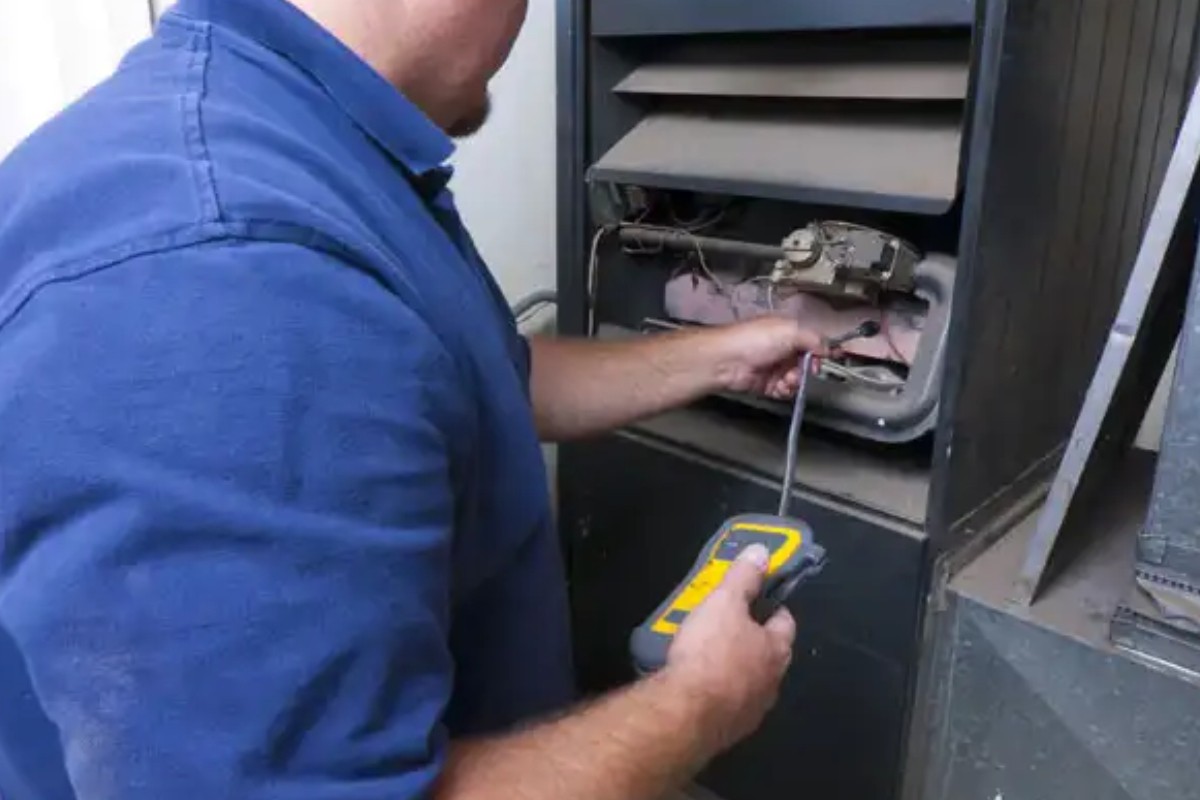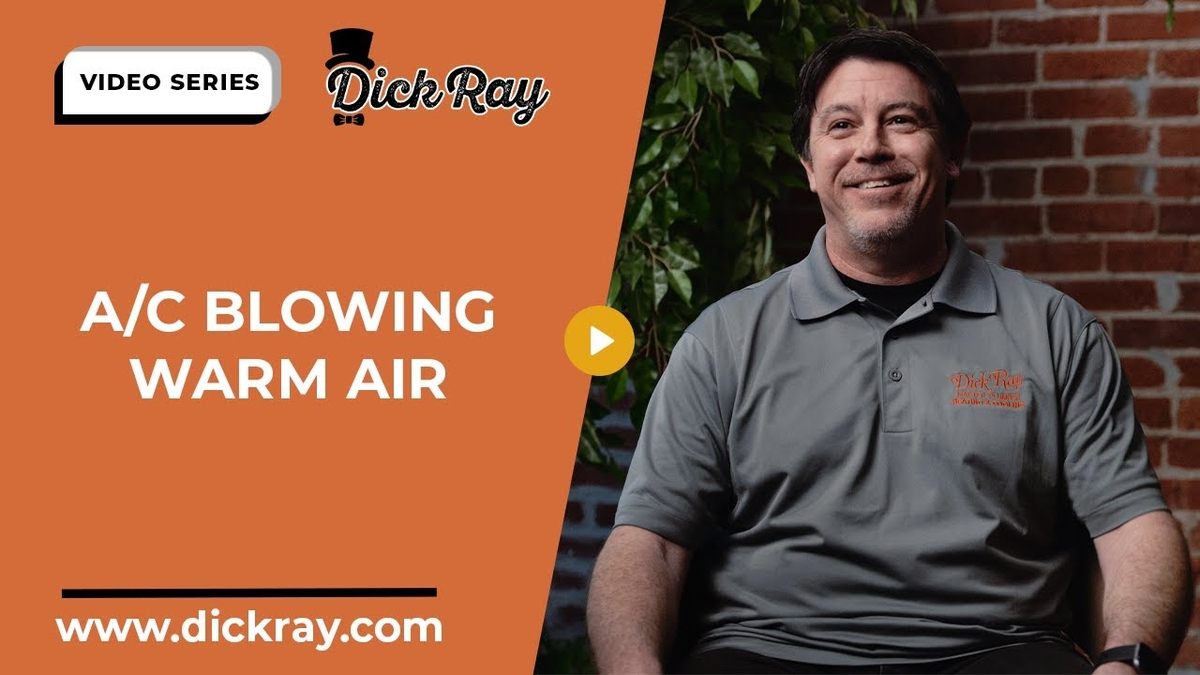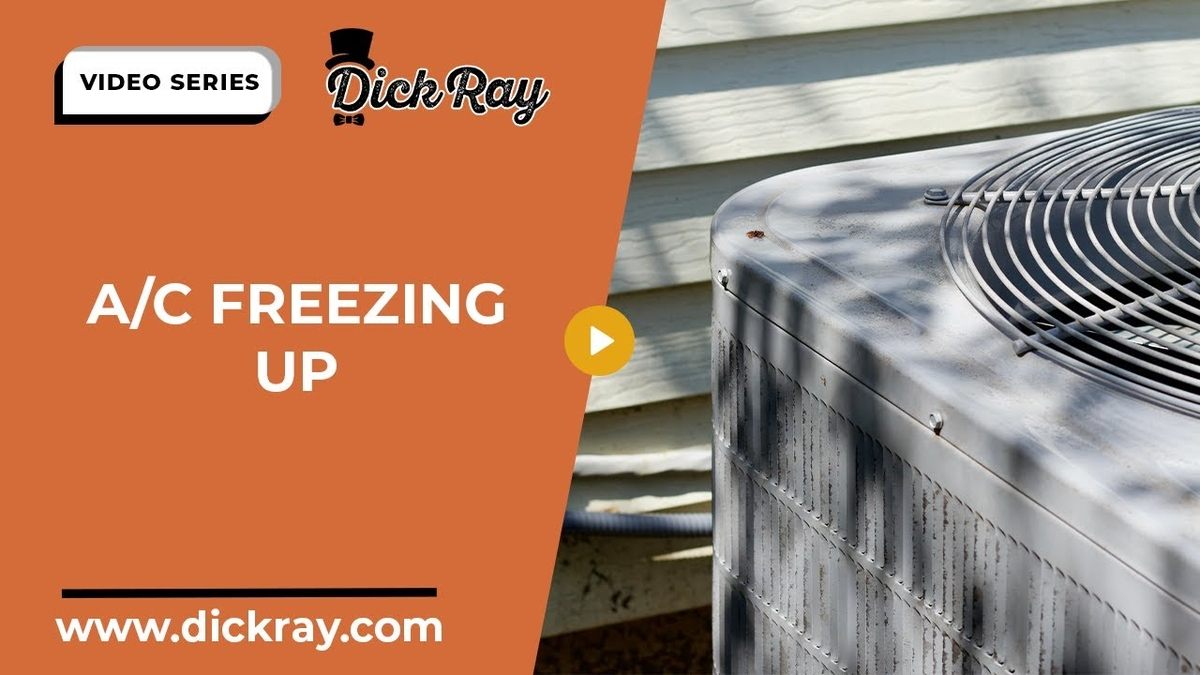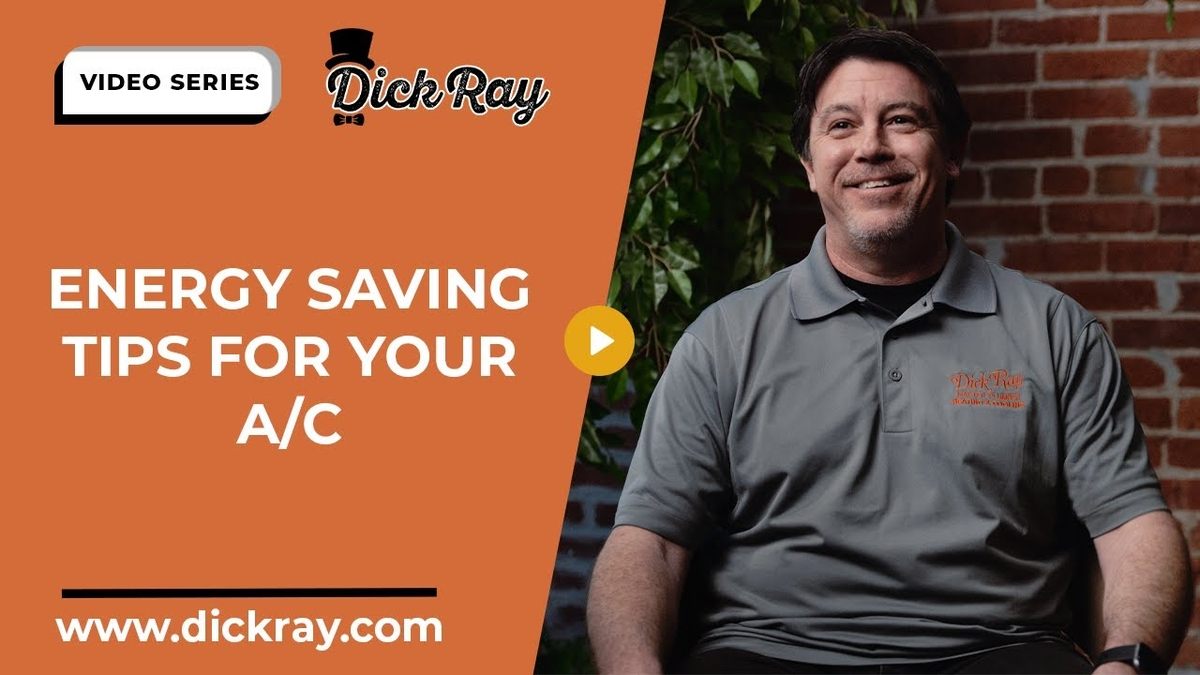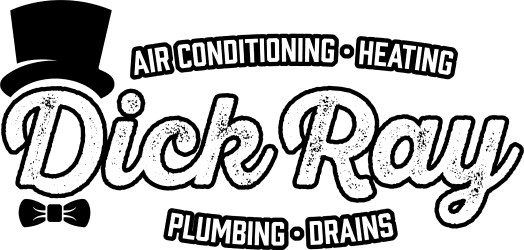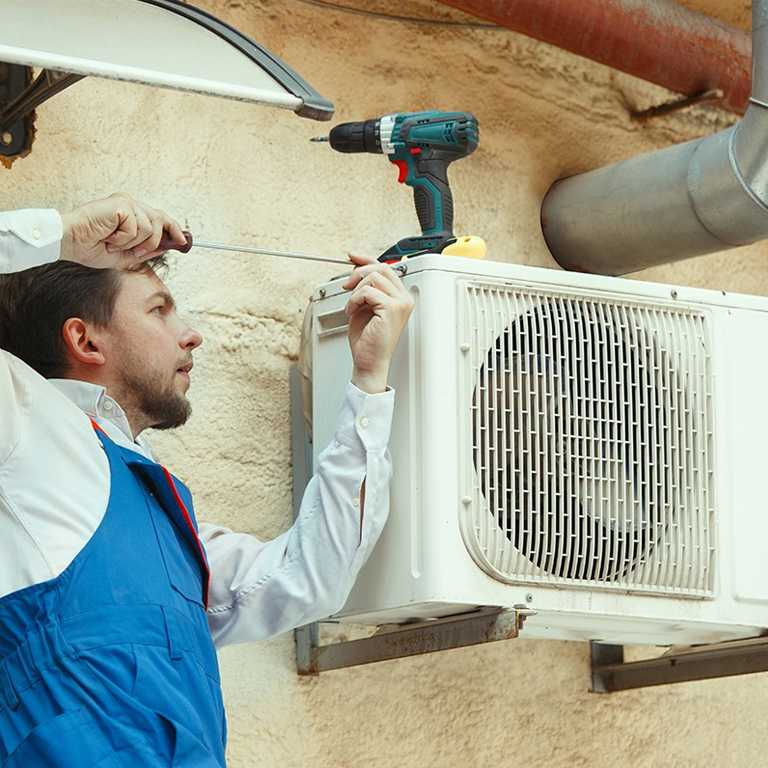As summer approaches, the heat becomes more grueling, which can cost you comfort and raise your bills. For now, your air conditioning and cold water are enough, but the peak of summer can sneak up quickly.
From running sprinklers to washing off from the pool, your water needs are likely to be in full swing for the bulk of your time throughout the summer. However, your vacation plans decrease your use of plumbing and the AC drastically. How can you switch from one extreme to the next without straining the systems?
Before the temperatures spike to the point of a heatwave, you and your home need to be ready to withstand the season. Check out this guide on how to plan for the twists and turns summer can bring to your home.
Preparing Your Home for Hot Weather
While you’re in town and experiencing the thick of the heatwave, you want to minimize exposure to the heat and set up a controlled environment. Fortunately, preventative steps and maintenance can keep your home running smoothly. To reach a setting that remains functional, you can follow these tips on how to prepare your home for hot weather.
1. Examine Valves and Hoses
You probably expect leaks to happen during the wintertime, but did you know that it’s common for flooding to occur when it’s hot outside too? The main culprits of overflowing water are hoses and valves.
Washing machines and interior and exterior faucets have connections that can become loose or even break from overuse. Because valves and hoses are vulnerable, they can be one of the first mishaps you encounter. Bringing in a professional plumber to tighten them is a solid start to your home preparation. Also ask your plumber to test the valves and see if they need additional upkeep.
2. Inspect Your Pipes
Hot weather is frequently accompanied by a lack of rain, which isn’t good news for some plumbing setups. Whether due to dryness or harsh UV rays, your pipes can deteriorate and crack, which can lead to minor leaks or bursting pipes.
Stress can also threaten your pipes because summer activities take considerable amounts of water. When you add up all the times you’ve flipped on the water within a day, you’ll realize it’s putting a lot of force on your plumbing — just think about how often you water your flowers or help your kids fill up water balloons.
Get your plumber to look over your pipes after they’ve covered your valves and hoses. If they find a leak, they may have to install a new section of pipe.
3. Set a Summertime Temperature
You might be wondering, “What temperature should I set my air conditioner to in the summer?” While you’re bound to blast the air conditioner when you start to sweat this summer, you also don’t want your electricity bill to surge.
You can adjust your thermostat to be closer to the outdoor temperature as long as you and your family are sufficiently cooled. A temperature that closes the gap between the inside of your house and the outdoors can help you get accustomed to warmer weather.
About 78 degrees Fahrenheit is a reasonable temperature to save energy and meet your needs when you’re at home. Remember — what’s most important during a heatwave is staying healthy.
4. Change the HVAC Filters
You rely on your air conditioning unit throughout the summer months, so you don’t want it to falter. You want it to run at full capacity and provide as much cold air as possible. Switching out old filters can extend its lifespan and maximize its power.
Particles from the air build up in the filters, and as you crank them up in the heat, they collect even more residue. Clean air filters can decrease an air conditioner’s energy consumption by five to 15 percent.
Make sure you’re sticking to a routine for replacing old filters. Consult an experienced maintenance professional to understand the best time to cycle out filters.
5. Reinforce Door and Window Weather Stripping
Weather stripping can wear away after the elements take a toll, causing your HVAC unit to work harder than it should. Sealed windows and doors keep cooled air from escaping, and they also block hot air from entering your home. Summertime is the perfect opportunity to update the weather stripping. Study your weather stripping to detect splits or flaws that could be a weakness.
You may have caulking instead of weather stripping around your doors and windows, which is an effective alternative. It’s an easy fix to get them re-caulked, and it can prevent you from wasting energy.
6. Install Window Shades
Once you’re inside your house, you probably think you’ve dodged the heat. However, even with the AC running, sunlight can come through your windows and drive the temperature up.
Especially with the side of your house that gets direct sunlight, window coverings can soak up intense beams and keep them from making their way inside. Drapes, blinds, shutters and shades can avert sunrays and sustain an ideal temperature.
Pick out window shades that offer enough coverage to shut out sunlight, and keep them fastened during the heatwave.
7. Get Circulation Going
It’s crucial to have steady air flow when you’re fighting a heatwave. Extreme heat can affect the air quality inside and outside your place, but proper circulation resolves this issue.
Circulation can be handy as a support to your air conditioner, so turn on your overhead fan and let it regulate the air in your home. Doing so will allow you to distribute cool air to all the rooms in your house.
Ventilation is another important consideration, but you have to balance it with your sealed entryways. With the help of a professional, check to make sure you’re exchanging hot, stale air with fresh, cool air.
8. Check Your Water Pressure
Hot weather and shifts in use can make your water pressure fluctuate. Keep tabs on your water pressure at the beginning of the season and when the temperature skyrockets.
The recommended house water pressure is 60 psi or less for the inlet, and your plumber can measure the pressure and tell you if it’s acceptable.
9. Incorporate Insulation
Similarly to window covers, insulation is a useful barrier that manages how your home retains a set temperature. If your place doesn’t seem to match the level on your thermostat, you could need additional insulation. If your home doesn’t currently have any insulation at all, you’re likely to feel a huge difference when you add it.
Your roof and walls need insulation the most because they’re the main surfaces the sun beats down on. The layer of insulation will protect your home no matter the season too, so you can enjoy it beyond the summer.
Preparing Your House for an Extended Vacation
When you’re leaving your home for a fun summer trip, you need to change the settings on many things in your house. If you’re out of town and there’s a malfunction, you can return to serious damages. Let’s look at the ways you can prepare your living area for a long vacation.
1. Program the Thermostat
For the duration of your trip, you can take advantage of your thermostat’s timer setting and let it reflect a warmer temperature. Since you don’t need to accommodate your own tastes, your home will be fine with a temperature comparable to the outdoors. You can also arrange for the temperature to be back to the way you like it for your arrival.
While you’re gone, set the temperature at a level that preserves your belongings. If you have plants and delicate items, choose a temperature that will keep them in top shape.
2. Shut off the Water Heater
Another home feature you won’t need during your vacation is the water heater. Unused water heaters can cause leaks in the summer that you’ll have to deal with when you return, and it’s an unnecessary expense that you can avoid.
For a shorter trip, you can put the water heater on vacation mode or turn the cold water supply off, depending on the type. You can turn off the entire water heater if your vacation is a few weeks long. Call in a professional to drain the water and shut it down.
3. Unplug Electronics
You might have flipped off your appliances and electronics, but if they’re still plugged in, they’re expending energy. Electric grids are strained during hot weather, and running multiple electronics further contributes to blackouts, which can leave you without a functioning air conditioner.
Electronics also generate excess heat, which you’re trying to keep out of your place. During warm weather, you want to reduce as much heat as possible, so detach the cords from outlets to eliminate this addition.
4. Close the Main Water Supply
The main water supply is the source of water to your house, and if it ruptures, you can have a major mess and destroyed goods. The primary solution to save your home and clean up the water is to be on-site.
A water tank is massive, so it can spew gallons of water on your furniture and possessions. Cutting off the supply removes this risk until you can be nearby. It’s a straightforward fix to turn the valve while you’re securing your place for an extended getaway.
5. Rinse Your Garbage Disposal and Drains
Leftover food in your garbage disposal or remnants in your drains are going to sit in your house, and without flowing water, the residue will stay lodged in the plumbing. As a result, after your weeks-long vacation, you can return to foul smells. In high heat levels, the junk in your pipes can get even worse.
Thoroughly flush out debris to guard your house against smelly drains. Discuss the best methods for clearing out your pipes with your plumber.
6. Schedule Air Conditioning Maintenance
It’s no secret that your air conditioner is your lifeline during the summer. As you won’t be around to service it or even know if something’s wrong when you’re out, it’s better to schedule air conditioning maintenance prior to vacation.
From the condenser coil to the refrigerant, every part of your air conditioner needs to be working. Get your maintenance out of the way so that you can have a worry-free trip.
What Happens When You Don’t Prepare?
Failing to get your house ready for the summer can lead to consequences for you and your home. To secure your health and your home’s condition, let’s go over the dangers of being unprepared during a heatwave.
1. Heat Illnesses
You may think you have to spend all day under the sun to suffer a heat-induced health problem. The truth is, if your home is an overheated setting, you can develop illnesses right from your living room. Heat cramps, heat exhaustion and heat stroke are the three main sicknesses you should watch for. When you establish a cooler environment, you can stay away from these hazards.
2. Water Leakage Effects
Light leaks and full-fledged flooding can both leave marks around your home. Within minutes, water contamination can ruin your floors, cabinets, furniture and walls. Hardwood and carpet flooring alike can break apart as water stands.
Fabric dyes from furniture and accessories can seep onto other surfaces, and these stains are difficult and sometimes impossible to reverse. If you’re on that long vacation, days or weeks of water damage can warp wood, peel paint and introduce mold. Screening your house for potential water damage risks can fend off these misfortunes before you ever have to encounter them.
3. Heat-Induced Damages
Heat in itself can degrade the interior and exterior of houses. It causes wood to expand and buckle, which disfigures hardwood flooring and other wooden home goods. In fact, even the humidity that goes along with hot weather is often harmful.
Pipes and a home’s foundation can go through trouble because high temperatures alter the ground where they sit. The ground can contract, which shifts the underground system. Also, plumbing can become more brittle as the sun beats down on it.
4. Power Outage Problems
As a heatwave comes, people inevitably flip on their air conditioning, but thousands or millions of people using substantial amounts of energy can lead to brownouts or blackouts. In a power outage that accompanies scorching heat, many people suffer because they have few backups for keeping cool.
A lack of electricity is even more challenging when you need to stave off the heat, but the previous careful steps can give you hacks for resisting these issues.
Get Ready for the Summer With Dick Ray Master Plumber
With these measures, you have many methods to get your house ready for the heat. You can account for every scenario that comes along with summer, from intense weather to lengthy getaways, but you also need a skillful plumber to carry out these tasks.
At Dick Ray Master Plumber, our experts can perform many helpful services. We specialize in repairing air conditioners and plumbing, which can enhance your home for the summertime. As a trustworthy plumber in Kansas City, KS, we’re ready to keep your home operating safely.
Do you have additional questions about plumbing during the summer? If so, contact Dick Ray Master Plumber to learn more about dealing with the heat.

